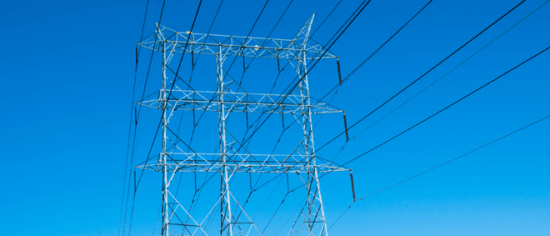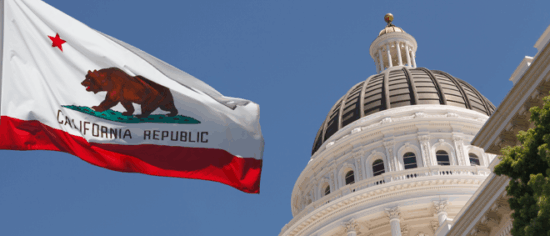
Governor Pritzker signed the Illinois Clean and Reliable Grid Affordability Act into law on January 8, 2026 (Public Act 104-0458). The act has far reaching energy supply, grid regulation and infrastructure development provisions, which will accelerate the state’s clean energy transition, improve grid stability and help manage rising electricity demands.








